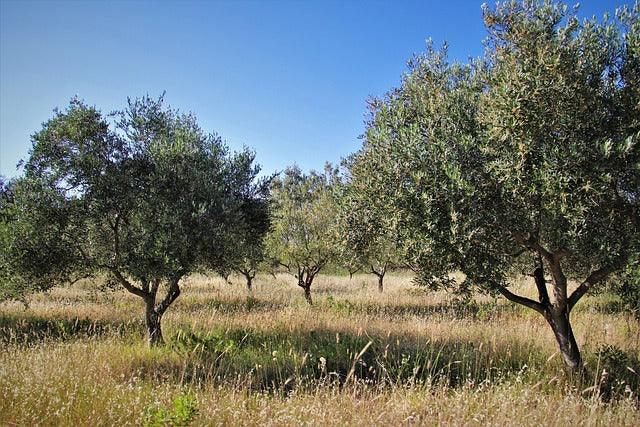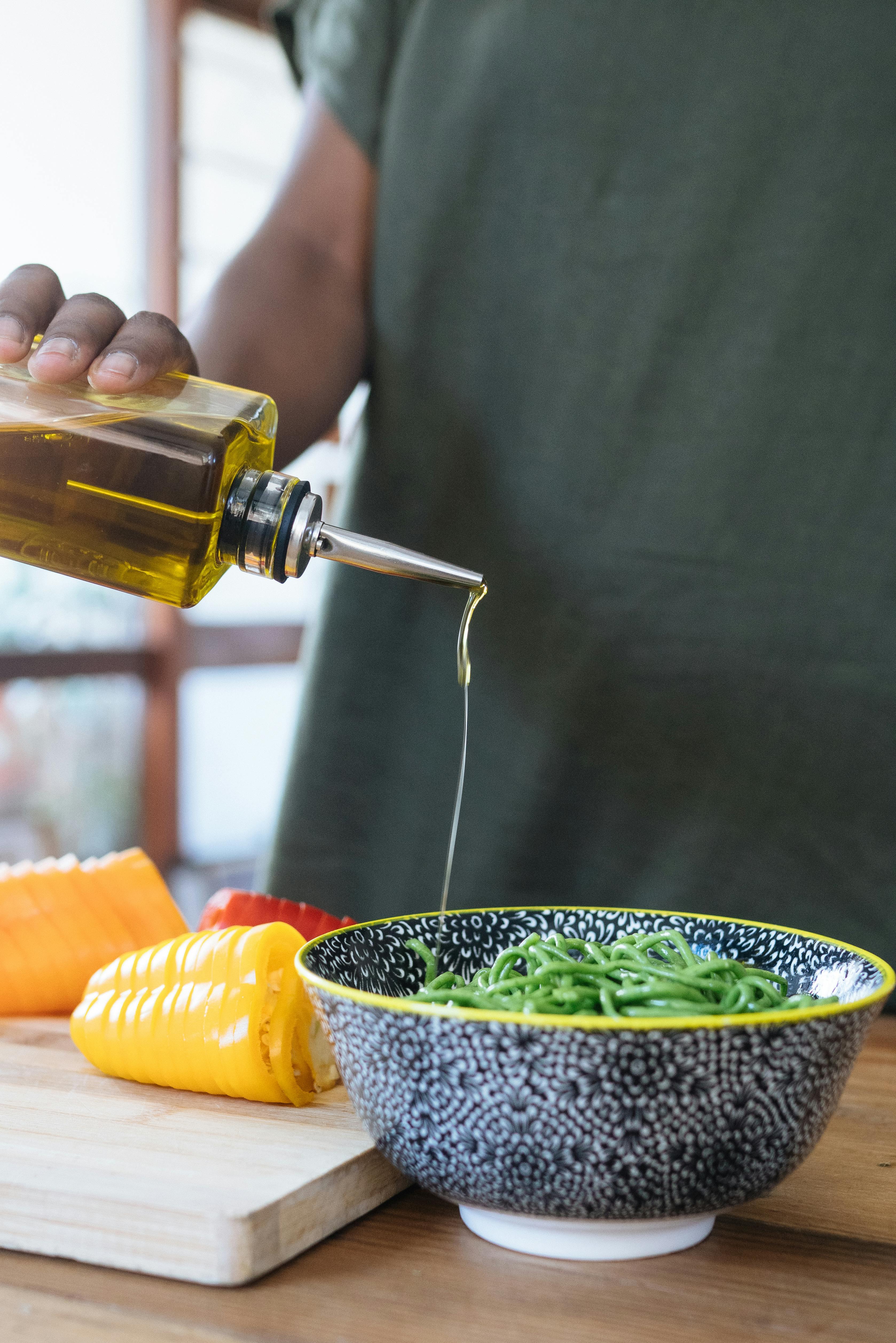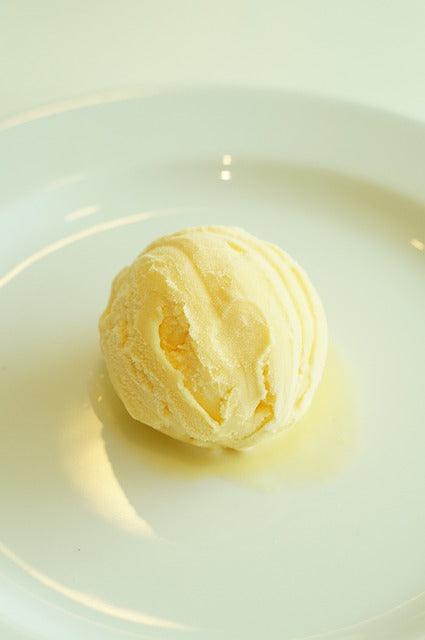Throughout history, Olive oil (often called "liquid gold), has been a part of human civilization for thousands of years. Its rich history is closely linked to the development of agriculture, trade, and culinary traditions in various cultures. This blog post explores the fascinating journey of olive oil from its ancient origins to its important role in modern cuisine and health practices.
Ancient Origins
- The Beginnings in the Mediterranean: The olive tree, Olea europaea, is native to the Mediterranean region. Evidence suggests that olive oil production began as early as 6000 BC in what is now Turkey. Ancient civilizations like the Minoans, Greeks, and Romans were crucial in cultivating olive trees and producing olive oil.
- The Minoan Civilization:The Minoans of Crete were among the earliest producers of olive oil. Archaeological finds, such as olive oil jars and olive presses, show that olive oil was essential to their economy and daily life. The Minoans used olive oil for cooking, lighting lamps, and religious rituals.
- Ancient Greece: In ancient Greece, olive oil held significant cultural and economic value. It was used as a food product, in religious ceremonies, as a base for perfumes, and in medicinal practices. The olive tree was considered sacred, and olive oil was seen as a gift from the gods. Homer famously referred to olive oil as "liquid gold" in his epic poems.
- The Roman Empire:The Romans expanded olive cultivation throughout their vast empire, from North Africa to Spain. They developed advanced methods of olive oil production, including large-scale olive presses. Olive oil became a crucial trade commodity and was widely used for cooking, bathing, and medicinal purposes. Roman soldiers were even given rations of olive oil as part of their diet.
The Middle Ages and Renaissance
- The Spread of Olive Oil in Europe:During the Middle Ages, olive oil production continued to flourish in the Mediterranean region. Monasteries preserved the knowledge and techniques of olive cultivation and oil production. Olive oil was also a trading commodity between European countries and the Islamic world.
Modern Day Significance
- The Mediterranean Diet:Today, olive oil is a cornerstone of the Mediterranean diet, celebrated for its health benefits. This diet, rich in fruits, vegetables, whole grains, and healthy fats, has been linked to reduced risks of heart disease, stroke, and other chronic illnesses. Extra virgin olive oil, in particular, is praised for its high content of monounsaturated fats and antioxidants.
- Global Production and Consumption: Spain, Italy, and Greece remain the leading producers of olive oil, but olive cultivation has spread to other parts of the world, including California, Australia, and South Africa. Global consumption of olive oil has increased significantly, driven by growing awareness of its health benefits and culinary versatility.
- Olive Oil and Health:Research continues to uncover the numerous health benefits of olive oil. Studies show that olive oil can help reduce inflammation, lower blood pressure, and improve cholesterol levels. Its antioxidant properties are also believed to play a role in cancer prevention and cognitive health.
- Cultural Significance: Olive oil remains deeply ingrained in Mediterranean cultures. It is a culinary staple and a symbol of peace, wisdom, and prosperity. Festivals celebrating the olive harvest and olive oil production are common in Mediterranean countries, highlighting the enduring cultural importance of this ancient oil.
Conclusion
The history of olive oil is a testament to its enduring value and versatility. From ancient times to the modern day, olive oil has played a significant role in the culinary, economic, and cultural life of many civilizations. Its journey from the olive groves of the Mediterranean to kitchens worldwide reflects its timeless appeal and remarkable benefits. As we continue to explore and appreciate the rich heritage of olive oil, it remains an integral part of our diets and traditions, carrying forward the legacy of the ancients into the future.
To learn more about the rich history and benefits of olive oil, check out these additional resources:
- Health Benefits of Olive Oil
- The Mediterranean Diet Guide
External Links:
- Harvard T.H. Chan School of Public Health: The Nutrition Source
- Healthline: 11 Proven Benefits of Olive Oil
These links provide valuable information and insights that can enhance your understanding and appreciation of olive oil's historical and contemporary significance.












